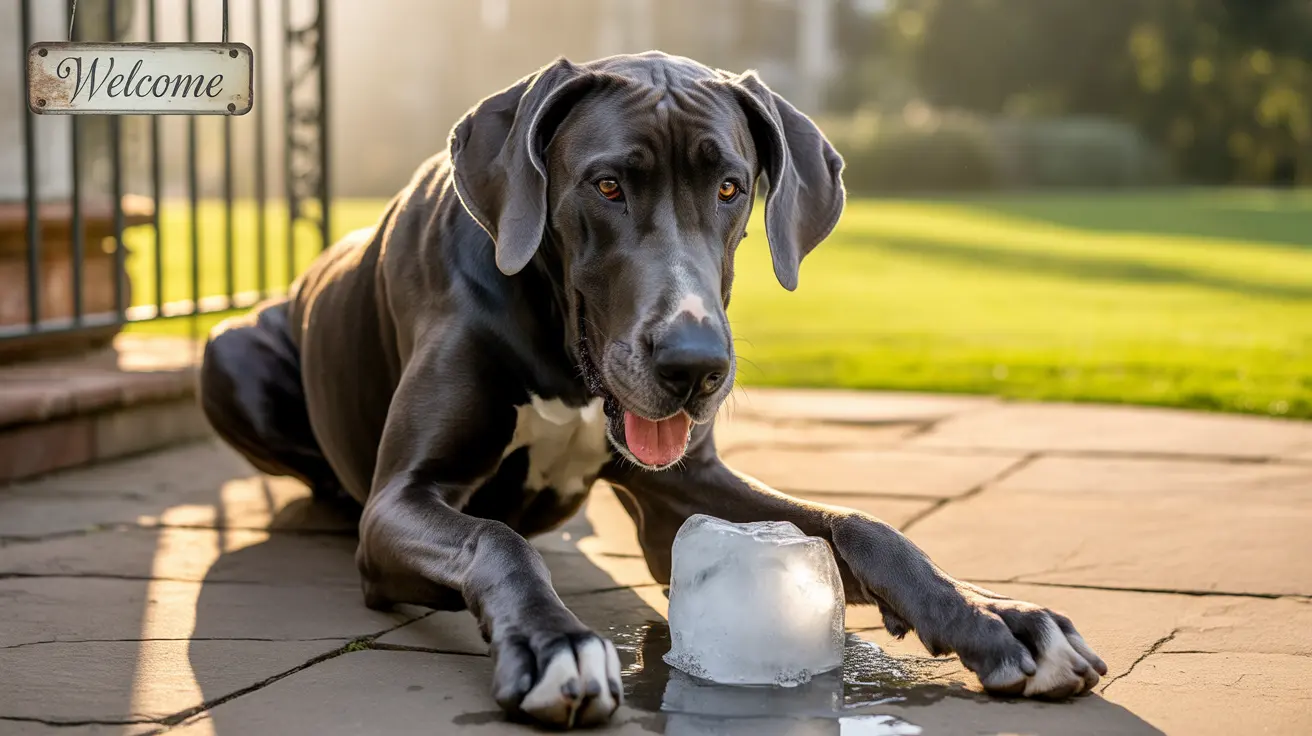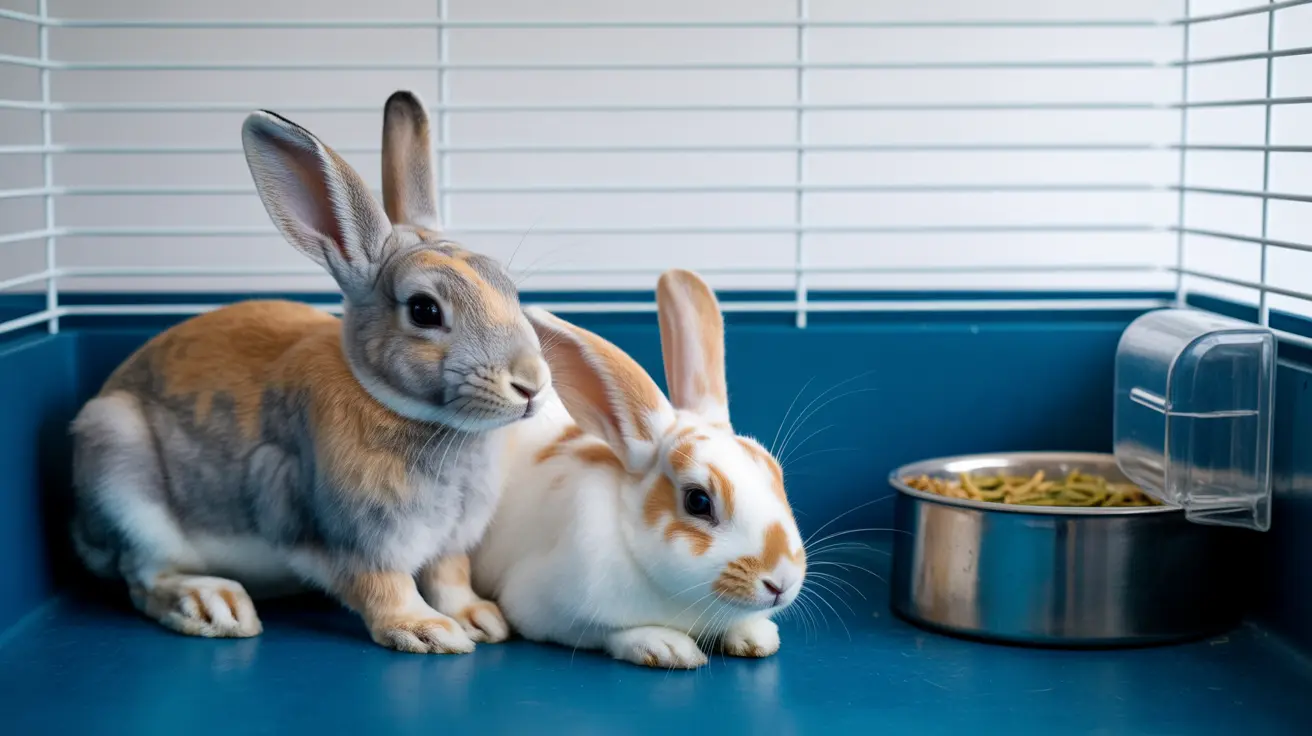If you've ever wondered why your furry friend comes running at the sound of ice clinking in a glass, you're not alone. Dogs' fascination with ice cubes is a common phenomenon that combines natural instincts with practical benefits. Let's explore why these frozen treats hold such appeal for our canine companions.
The Natural Cooling System in Dogs
Unlike humans who can sweat through their skin, dogs have a limited cooling system. They primarily regulate their body temperature through panting and their paw pads. This biological difference makes ice cubes particularly appealing to dogs, especially during warm weather or after physical activity.
When dogs consume ice cubes, they experience immediate cooling relief that helps regulate their body temperature more effectively. This natural attraction to cold substances is part of their instinctive drive to maintain comfortable body temperature.
The Entertainment Factor: More Than Just a Cool Treat
Ice cubes provide more than just temperature regulation – they're a source of entertainment and mental stimulation for dogs. The slippery texture creates an engaging play experience as dogs chase, paw at, and attempt to catch the sliding cubes.
Many dogs also enjoy the unique sensory experience of crunching ice, which can satisfy their natural chewing instincts. This recreational aspect makes ice cubes an excellent, cost-free enrichment tool for pet owners.
Hydration Benefits and Health Advantages
Ice cubes can serve as an innovative way to keep dogs hydrated, especially for picky drinkers. Some dogs who may be reluctant to drink from their water bowl will eagerly consume ice cubes, helping maintain proper hydration levels.
For teething puppies, ice cubes can provide relief for sore gums. The cold temperature helps numb discomfort while giving them something appropriate to chew on during this challenging phase.
Safety Considerations and Best Practices
While ice cubes are generally safe for dogs, certain precautions should be observed:
- Offer appropriately sized pieces based on your dog's size
- Supervise ice cube consumption to prevent choking
- Consider crushed ice for smaller dogs or seniors
- Monitor your dog's teeth, especially if they're aggressive chewers
Some dogs may become overly excited about ice cubes, so it's important to maintain control over portion sizes and frequency of treats.
Frequently Asked Questions
Why do dogs like ice cubes so much?
Dogs are attracted to ice cubes due to their cooling properties, entertaining texture, and the positive associations they develop when receiving them as treats. The crunchy sensation and cold temperature provide both physical relief and mental stimulation.
Are ice cubes safe for my dog to eat, and what precautions should I take?
Ice cubes are generally safe for dogs when given appropriately. Use size-appropriate pieces, supervise consumption, and consider crushed ice for smaller dogs. Always ensure your dog doesn't chew ice too aggressively to protect their teeth.
Can giving my dog ice cubes help with hydration, especially in hot weather?
Yes, ice cubes can aid in hydration, particularly during hot weather. They provide water in an engaging form that many dogs find appealing, encouraging them to consume more fluids when needed.
How can I use ice cubes as a fun and safe form of entertainment for my dog?
You can create games by floating ice cubes in a shallow water bowl, tossing them for your dog to chase on non-slip surfaces, or using them as rewards during training sessions. Always supervise these activities to ensure safety.
Should I be concerned about ice cubes damaging my dog's teeth, and are there safer alternatives?
While ice cubes are generally safe, very hard ice could potentially damage teeth in aggressive chewers or older dogs. Safer alternatives include crushed ice, ice shavings, or frozen dog-safe treats that aren't as hard as solid ice cubes.






